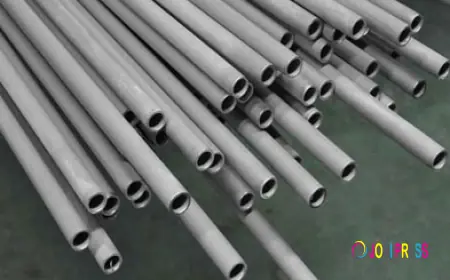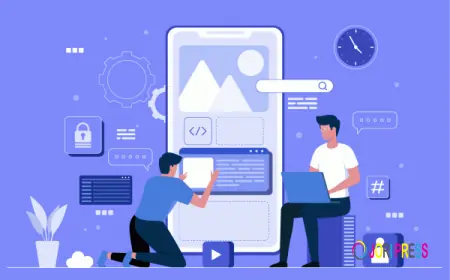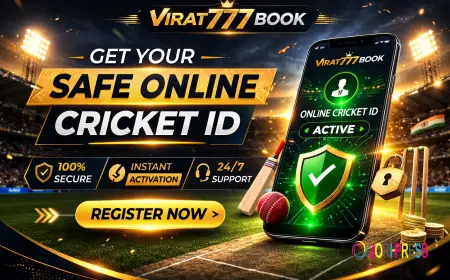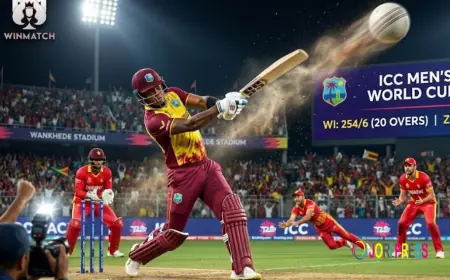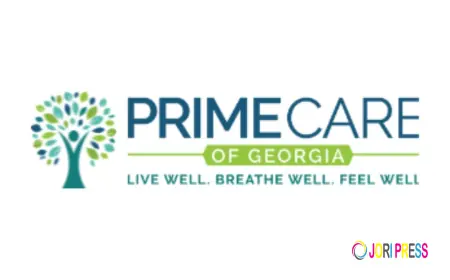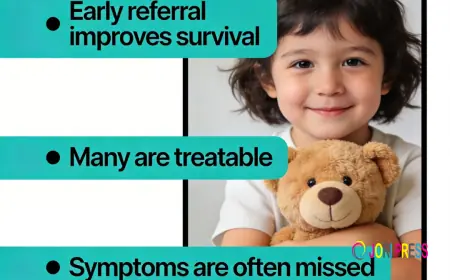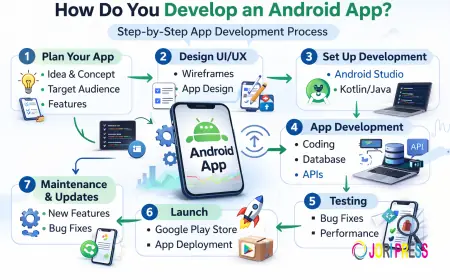Natural Pain Relief After a Car Crash: Benefits of Acupuncture
Discover how acupuncture after a car accident can naturally relieve pain, reduce inflammation, and speed up recovery. Learn why more crash survivors are turning to this time-tested therapy.
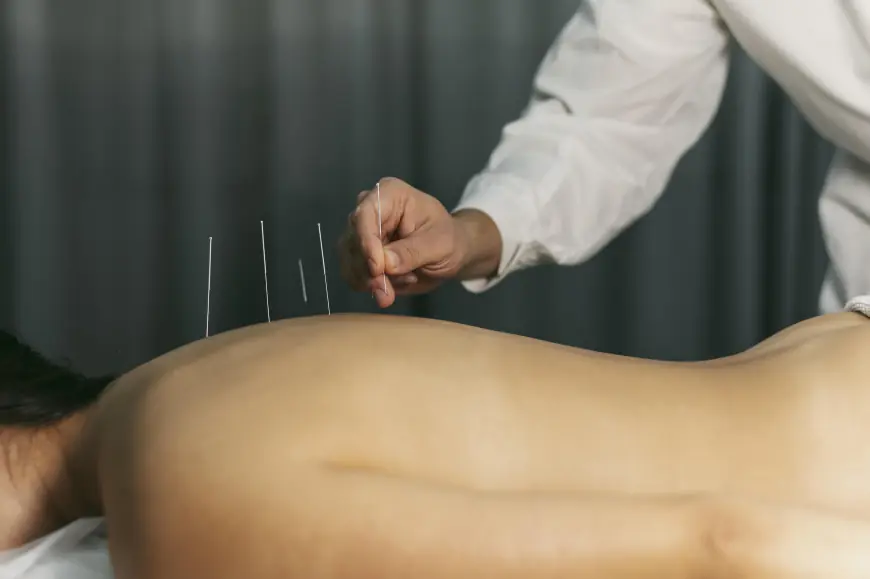
Car accidents can turn your life upside down in seconds. One minute you're commuting home, the next you're dealing with whiplash, back pain, headaches, and endless visits to specialists. And while medications, physical therapy, or even surgery may be necessary, many people are now looking for natural and non-invasive ways to ease the pain and speed up healing.
That’s where acupuncture after a car accident steps in.
In this post, we’ll break down the science behind how acupuncture works, what types of injuries it can help with, and why it’s becoming a go-to choice for crash recovery. Whether you’re trying to avoid medications or looking for a complementary therapy, acupuncture offers a powerful, holistic path to healing.
Why Consider Acupuncture After a Car Accident?
After an auto collision, the body can experience a wide range of physical and emotional trauma—some immediate, others delayed by days or even weeks. Painkillers and muscle relaxants might mask the symptoms temporarily, but they don’t address the root cause. Plus, long-term use of pharmaceuticals often brings a host of side effects.
That’s why acupuncture after a car accident is gaining popularity. Rooted in Traditional Chinese Medicine (TCM), acupuncture stimulates the body’s natural healing mechanisms without introducing chemicals or causing dependency. And it’s not just folklore—modern research backs it up.
How Acupuncture Works for Pain Relief
Acupuncture involves the insertion of thin, sterile needles into specific points on the body, known as meridians. These points stimulate the nervous system, improve blood flow, and release natural painkillers such as endorphins and serotonin.
According to the National Institutes of Health (NIH) and the World Health Organization (WHO), acupuncture has been proven effective in treating a variety of pain-related conditions, including:
-
Musculoskeletal pain
-
Neurological pain
-
Inflammation
-
Stress and anxiety
After a car crash, when inflammation and nerve sensitivity are high, acupuncture can help regulate the body’s pain signals and calm the nervous system.
Common Injuries Treated with Acupuncture After a Car Accident
-
Whiplash
A sudden jolt to the neck causes soft tissue injuries and misalignment. Acupuncture can reduce stiffness, swelling, and nerve irritation. -
Back Pain
From herniated discs to strained muscles, back injuries are common after accidents. Acupuncture promotes blood circulation and muscle relaxation. -
Headaches & Migraines
Post-traumatic headaches can be caused by tension, nerve damage, or even concussion. Acupuncture helps by reducing inflammation and balancing brain chemistry. -
Soft Tissue Damage
Bruises, strains, and sprains respond well to acupuncture, which can speed up tissue regeneration and reduce bruising. -
Emotional Trauma (PTSD, Anxiety)
Accidents don’t just damage the body—they rattle the mind. Acupuncture supports emotional regulation and calms the fight-or-flight response. -
Sleep Disorders & Fatigue
Healing takes rest. Acupuncture improves sleep quality and energy levels by promoting parasympathetic nervous system activity.
Real Data and Research: Does It Really Work?
Yes. Several studies have shown that acupuncture is a powerful ally for injury recovery:
-
A 2017 meta-analysis in The Journal of Pain found that acupuncture significantly outperforms sham treatments and is effective for chronic musculoskeletal pain.
-
A 2020 study published in Frontiers in Neurology demonstrated acupuncture’s benefits for post-traumatic headaches and cognitive dysfunction after mild traumatic brain injury.
-
Research by the American Academy of Medical Acupuncture supports acupuncture for treating neck pain, lower back pain, and post-traumatic stress symptoms.
In real-world clinical settings, many patients who receive acupuncture after a car accident report faster recovery timelines, reduced dependence on medications, and an overall improvement in quality of life.
What to Expect During Your Acupuncture Sessions
Your first session usually begins with a detailed consultation. Your practitioner will ask about the accident, symptoms, and any pre-existing conditions. They’ll then create a personalized treatment plan based on your unique presentation.
Typical features of treatment:
-
Needle insertion at local (painful) and distal (supportive) points
-
20–30 minute sessions, 1–3 times per week depending on severity
-
Gentle, calming environment designed for deep relaxation
Most patients describe the sensation as mildly tingling or warming—not painful. After a few sessions, improvements in pain levels, mobility, and sleep are common.
Benefits of Acupuncture After a Car Accident
Let’s recap why this ancient practice is becoming a modern recovery essential:
1. Drug-Free Pain Management
Avoid the risks of addiction, drowsiness, or stomach problems that come with many medications.
2. Reduces Inflammation
Acupuncture stimulates anti-inflammatory responses, helping tissues heal faster.
3. Speeds Up Healing
By improving circulation and nerve signaling, acupuncture accelerates tissue repair and flexibility.
4. Boosts Mental Health
Car crashes are stressful. Acupuncture reduces anxiety, helps with PTSD symptoms, and improves sleep.
5. Non-Invasive and Safe
No scalpels, no drugs, and minimal risk. Acupuncture is a gentle complement to physical therapy, chiropractic, or massage.
6. Customizable to Each Injury
Whether you’ve got neck stiffness or nerve pain down your leg, acupuncture can be tailored to your exact needs.
Combining Acupuncture with Other Therapies
Acupuncture plays well with others. Many recovery plans include:
-
Chiropractic care to realign the spine
-
Massage therapy to ease muscle tension
-
Physical therapy to rebuild strength and range of motion
-
Counseling or talk therapy for trauma processing
In fact, most integrative pain clinics now offer acupuncture as part of a full recovery program.
Choosing the Right Acupuncturist
Not all practitioners are created equal. Here’s what to look for:
-
Licensure – Ensure they’re certified by the National Certification Commission for Acupuncture and Oriental Medicine (NCCAOM) or your country’s equivalent.
-
Experience with Car Accident Cases – Ask if they’ve worked with crash-related injuries before.
-
Communication – Your acupuncturist should explain each step, check your comfort, and collaborate with your primary care provider if needed.
If your insurance plan covers post-accident rehab, you might even be eligible for reimbursement. It’s worth checking.
Final Thoughts: Heal Smarter, Not Harder
You don’t have to grit your teeth through pain or rely on pills forever. With the right care plan, you can recover more naturally and completely. Acupuncture has helped thousands find relief after collisions—why not you?
Whether you’re just beginning your recovery or stuck in a cycle of chronic pain, consider acupuncture as your next step toward lasting wellness.
Call to Action:
If you’ve recently been in a car accident and are struggling with pain, stiffness, or emotional stress, don’t wait. Schedule a consultation to explore how acupuncture can help you feel like yourself again—naturally.
FAQs About Acupuncture After a Car Accident
Q1. Is acupuncture safe after a recent crash?
Yes, especially when performed by a licensed practitioner. Always consult your doctor first if you’ve had surgery or have complex injuries.
Q2. How soon after an accident should I start acupuncture?
As soon as your doctor clears you. Early intervention often leads to better outcomes.
Q3. How many sessions will I need?
This varies. Some feel better after 3–4 sessions; others with more serious injuries may benefit from ongoing weekly treatments.
What's Your Reaction?
 Like
0
Like
0
 Dislike
0
Dislike
0
 Love
0
Love
0
 Funny
0
Funny
0
 Angry
0
Angry
0
 Sad
0
Sad
0
 Wow
0
Wow
0








